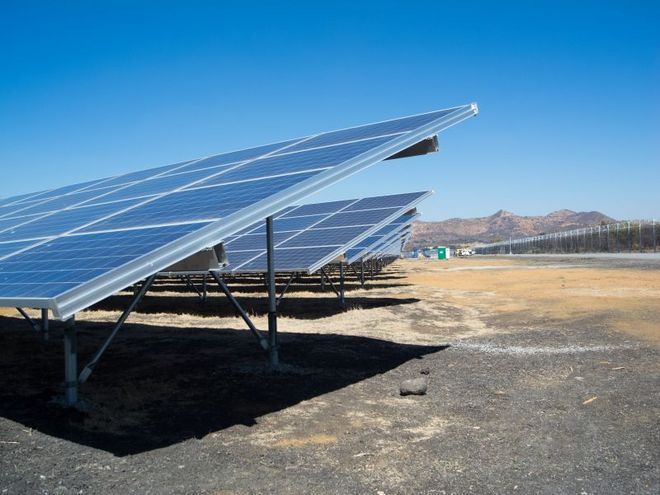TECNOSOL designs, sells and installs renewable energy systems and equipment in Nicaragua, and more recently El Salvador, Panama and Honduras. The company specifically caters to the needs of the rural population but sells and installs thermal solar systems in urban zones as well. In 2009 SIFEM became one of the initial investors in Central American Small Enterprise Investment Fund II (CASEIF II), a private equity fund serving the growth capital needs of small and medium enterprises (SMEs) like TECNOSOL.
